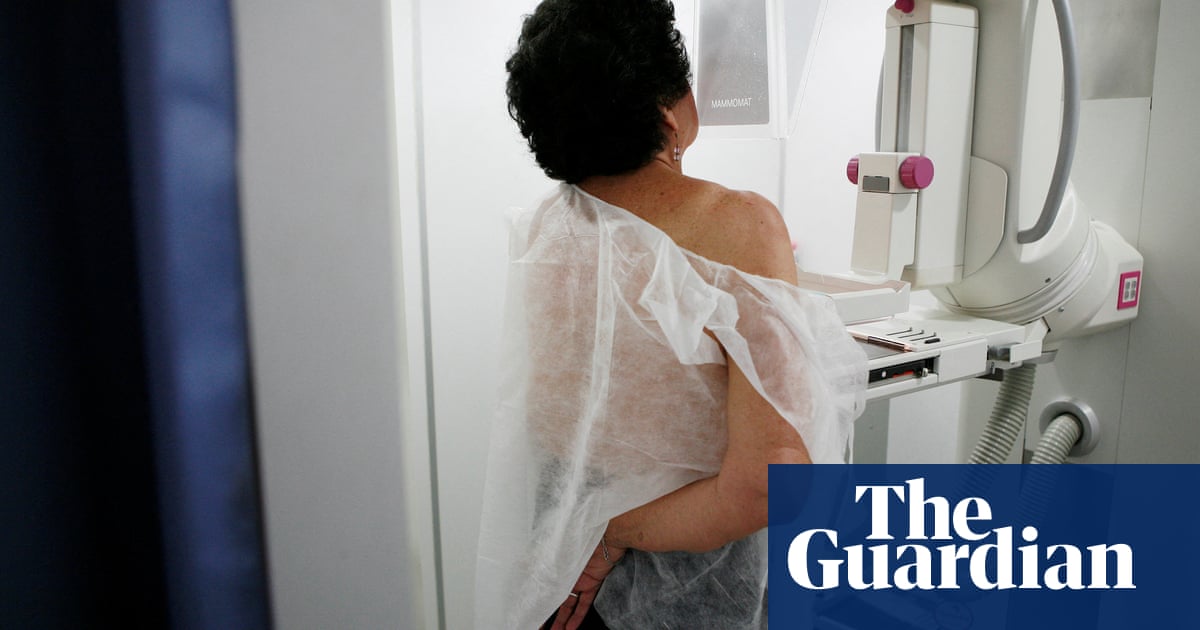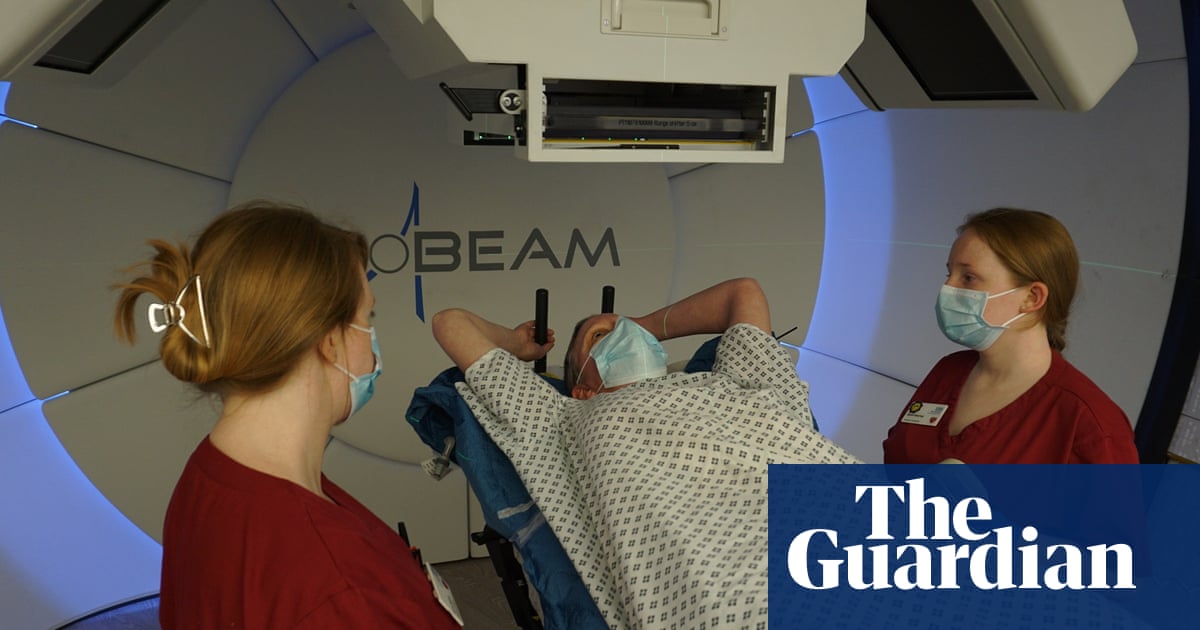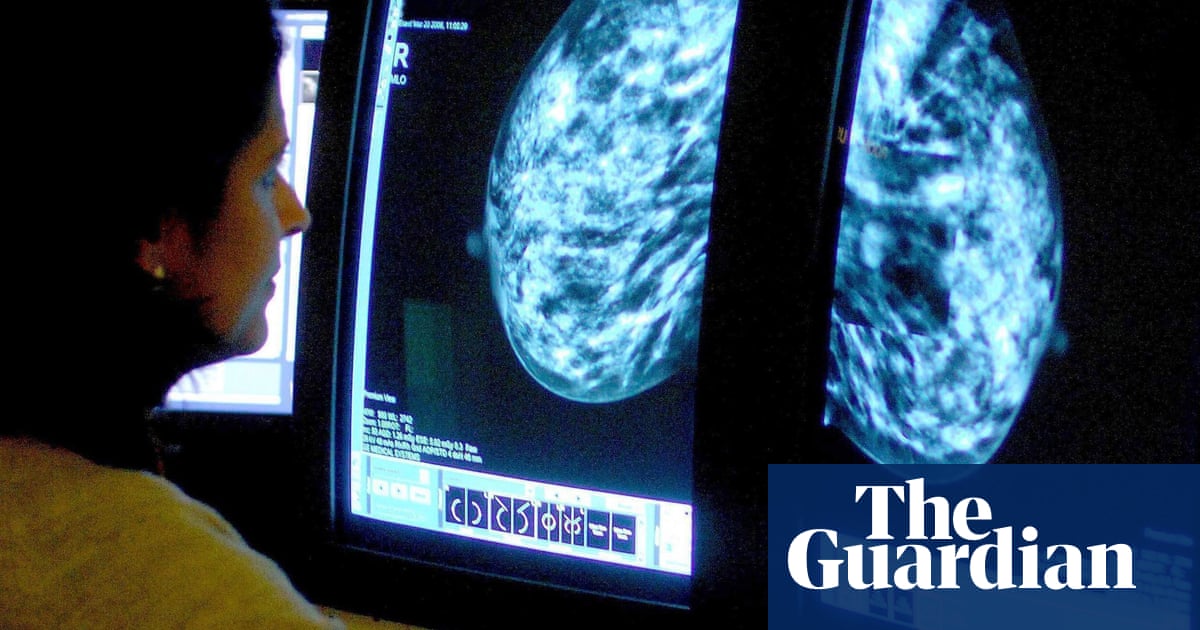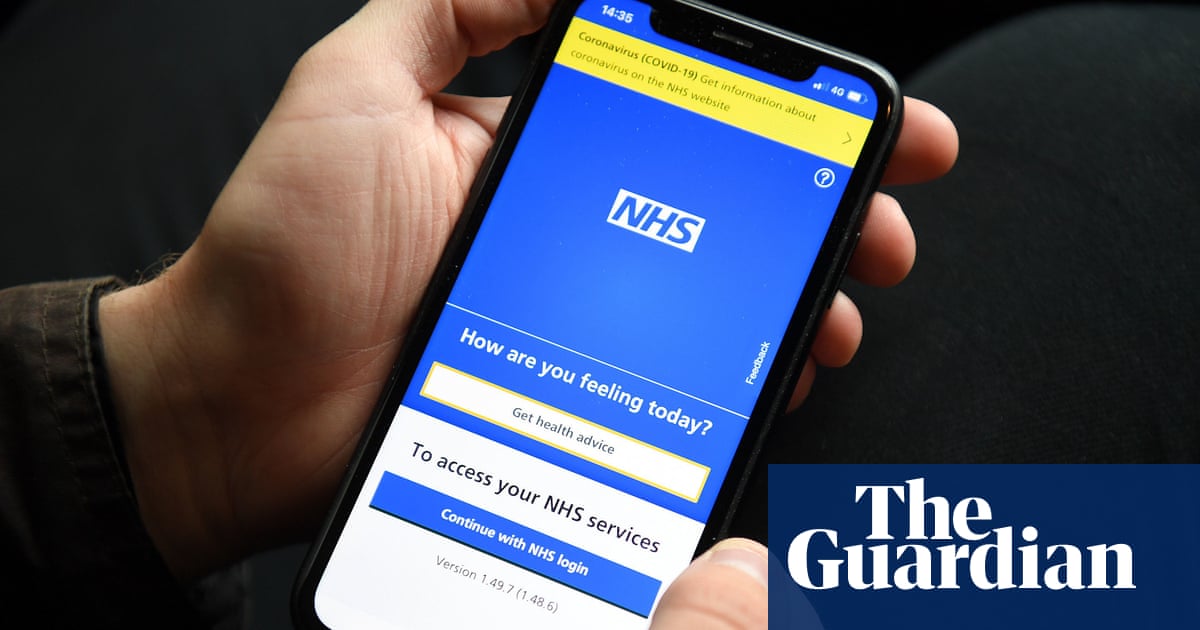
An NHS body is encouraging women with breast cancer from minority backgrounds to take part in more clinical trials, after research found they are under-represented in studies that can offer life-saving treatment.
The pilot project, supported by the NHS Race and Health Observatory, is intended to improve representation in breast cancer clinical trials partly through culturally sensitive communications to people from racially diverse backgrounds.
Research from the UK Health Security Agency suggests young black women are more likely to have aggressive breast cancer tumours, experience poorer care and have higher mortality rates, but are significantly under-represented in clinical research.
Their lack of inclusion in trials could be partly down to distrust of the research process and a lack of knowledge, according to research by the UK’s National Institute for Health Research.
The project, which works in conjunction with Macmillan Cancer Support and the pharmaceutical company Roche, will run for a year and look at developing new ways for people with breast cancer to access clinical trials. It will develop action plans to improve representation and provide enhanced support for patients.
Two specialist nurses will be recruited to be based at NHS trusts in London and Manchester, and will work closely with breast cancer patients in the two cities. The pilot will also include men, who account for 1% of breast cancer patients in the UK.
The participation of cancer patients in clinical trials is important because it offers people access to experimental treatment which could be life-saving.
Jasmin David, a 53-year-old woman from Manchester, was initially diagnosed with terminal breast cancer. After taking part in a clinical trial, she went into remission and is now cancer-free.
David said: “If I hadn’t gone on the trial at The Christie, I wouldn’t be here today. I have two children and now I get to be there for them as they grow up. Research gave me a second chance and life and I’m relishing every second of it. I hope that … I can inspire more women like me to come forward and take part in clinical trials.”
Dr Habib Naqvi, the chief executive of the NHS Race and Health Observatory, said the pilot was committed to ensuring that future breast cancer trials were inclusive of people from ethnically diverse backgrounds.
“Initial research has traditionally found limitations in recruiting representative samples for clinical trials across breast cancer and other life limiting conditions,” she said.
“However, we believe that when targeted, culturally sensitive interventions and communications are put in place, under-represented groups can be successfully recruited into clinical trials. There is no ‘hard to reach’ community when it comes to addressing potentially fatal health conditions.”
Charles Kwaku-Odoi, the chief executive of the Caribbean African Health Network, said: “Across the Black community there is an undoubted legacy of disengagement in research and most certainly clinical trials that stems back decades as a result of mistrust.
“This has not served us well because it leads to a lack of appropriate interventions that perpetuate the grave health inequalities in breast cancer care.
“This partnership approach to build solutions to improve engagement in clinical trials in breast cancer treatment and care is very much welcomed. We are looking forward to working in a collaborative way to build trust, improve awareness and ensure that barriers surrounding access to clinical trials are addressed.”












